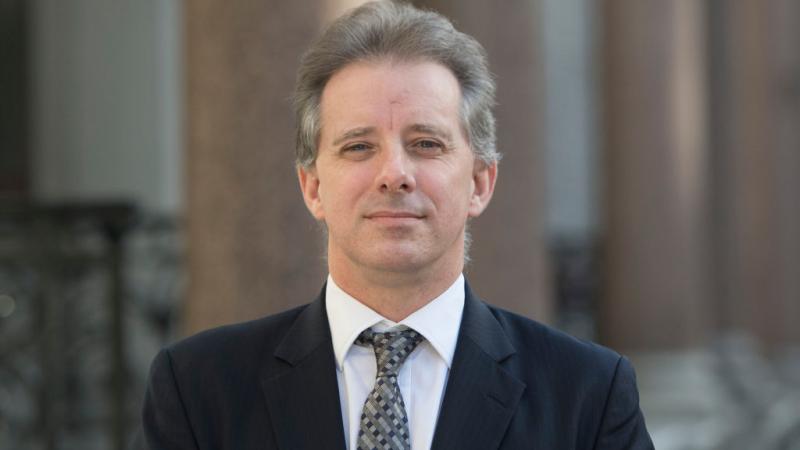New York, New Jersey lawmakers ask SEC to drop proposed rules
Lawmakers who signed the letter included Reps. Mike Lawler, R-NY, Andrew Garbarino, R-NY, Claudia Tenney, R-NY, Gregory Meeks, D-NY, Joseph Morelle, D-NY, and Democratic New Jersey Reps. Josh Gottheimer and Rob Menendez.
(The Center Square) — Members of New York and New Jersey's congressional delegations are urging federal regulators to reject proposed rules they say would hurt retail investors and erode the retirement savings of tens of millions of Americans.
In a letter to the Securities and Exchange Commission Chairman Gary Gensler, a bipartisan group of nearly 40 lawmakers called on regulators to reject rule changes pertaining to open-end mutual funds regarding liquidity risk management programs and swing pricing, saying it would mean higher costs and lower returns for Americans' retirement savings.
"Mutual funds are the most widely used investment product and trusted by over 100 million Americans to save for retirement and invest for their future," they wrote. "A diverse array of market participants has questioned the need for the proposal and expressed concerns with its potential to increase costs, reduce returns, and limit choice for millions of investors."
Lawmakers who signed the letter included Reps. Mike Lawler, R-NY, Andrew Garbarino, R-NY, Claudia Tenney, R-NY, Gregory Meeks, D-NY, Joseph Morelle, D-NY, and Democratic New Jersey Reps. Josh Gottheimer and Rob Menendez.
The proposed regulations, unveiled in November, would mandate "swing pricing" by open-end funds and implement a “hard close” requirement for these funds.
Under swing pricing, fund managers adjust the net asset value of shares during times of net redemptions or net purchases so that additional costs are passed on to the transacting investors without diluting the remaining shareholders.
By making it more costly to redeem shares, the SEC argues swing pricing will prevent mutual funds from a liquidity crisis because investors will be disincentivized from withdrawing.
But the lawmakers said the proposed changes would effectively create a "two-tiered market" or mutual fund operations "that would disadvantage retail and retirement investors."
"Forcing investors to accept the next day's price for trades placed after their intermediary's cut off time would limit the investors ability to react to shifts in the market on any given day," they wrote. "For investors living west of the eastern time zone, the requirement would be even more unfair."
Business groups argue that implementing swing pricing and a hard close would be "technically challenging and costly" for mutual fund managers and intermediaries.
"Employer-sponsored retirement plan participants would lose access to beneficial investment strategies and face a reduction in returns on their mutual fund holdings," Paul Zuber, president of the Business Council of the State of New York group's executive vice president, wrote to lawmakers.
"The proposed changes also have the potential to eliminate the leveraged loan market that provides significant funding to U.S. companies," he added.
A recent report from the U.S. Chamber of Commerce argues that changes to mutual funds under the SEC proposal "would have significant negative impacts on retirement plan participants," with open-end mutual funds representing 61.7% of all 401(k) plan assets and 81.3% of other private defined contribution plan assets.
The chamber estimates an erosion of $53,342 of retirement savings for the average American over 26 years, based solely on the impact of mandatory swing pricing with a hard close rule.












